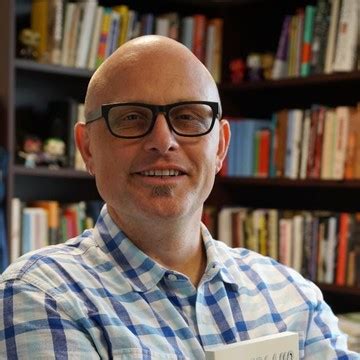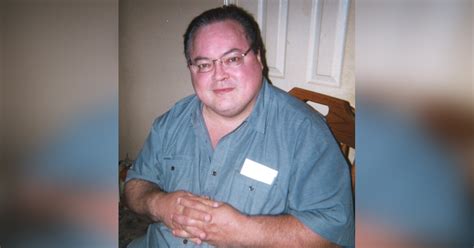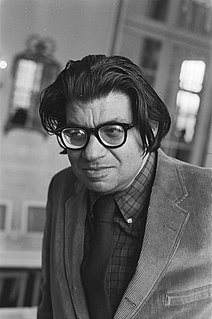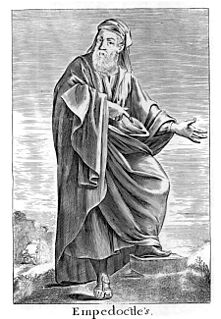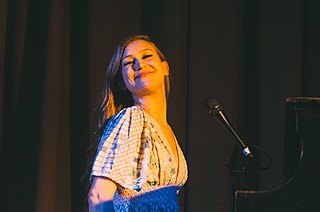A Quote by Floyd Skloot
Though my poems are about evenly split between traditionally formal work that uses rhyme and meter and classical structure, and work that is freer, I feel that the music of language remains at the core of it all. Sound, rhythm, repetition, compression - these elements of my poetry are also elements of my prose.
Related Quotes
Rap isn't poetry, not least because it involves music and often other elements that aren't words. But the way poets in English use things like rhyme and meter, and the ways these conventions both do and don't apply to rap we try to lay out the rules for rap, in order to understand the techniques that artists like Jay-Z and Kanye employ.
It appears to me that the subject of music, from Machaut to Boulez, has always been its construction. Melodies of 12-tone rows just don't happen. They must be constructed....To demonstrate any formal idea in music, whether structure or stricture, is a matter of construction, in which the methodology is the controlling metaphor of the composition...Only by 'unfixing' the elements traditionally used to construct a piece of music could the sounds exist in themselves--not as symbols, or memories which were memories of other music to begin with.
I think that when you're writing plays, and I think it's also true with novels, it helps to have an ear for the music of language, for what we call poetry, for the sound effects and the way that the sound can produce sensual feeling at odds with or consonant with the content of the work. Your work is also gorgeous writing. It's very unfortunate when you open a novel that everybody's loving and it's just, you know, an excruciatingly bad sentence.
Poetry has an indirect way of hinting at things. Poetry is feminine. Prose is masculine. Prose, the very structure of it, is logical; poetry is basically illogical. Prose has to be clear-cut; poetry has to be vague - that's its beauty, its quality. Prose simply says what it says; poetry says many things. Prose is needed in the day-to-day world, in the marketplace. But whenever something of the heart has to be said, prose is always found inadequate - one has to fall back to poetry.
The force that unites the elements to become all things is Love, also called Aphrodite; Love brings together dissimilar elements into a unity, to become a composite thing. Love is the same force that human beings find at work in themselves whenever they feel joy, love and peace. Strife, on the other hand, is the force responsible for the dissolution of the one back into its many, the four elements of which it was composed.
A glance at the history of European poetry is enough to inform us that rhyme itself is not indispensable. Latin poetry in the classical age had no use for it, and the kind of Latin poetry that does rhyme - as for instance the medieval 'Carmina Burana' - tends to be somewhat crude stuff in comparison with the classical verse that doesn't.
A glance at the history of European poetry is enough to inform us that rhyme itself is not indispensable. Latin poetry in the classical age had no use for it, and the kind of Latin poetry that does rhyme - as for instance the medieval Carmina Burana - tends to be somewhat crude stuff in comparison with the classical verse that doesn't.

